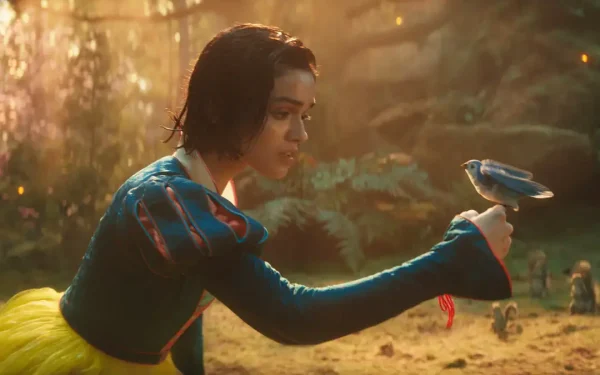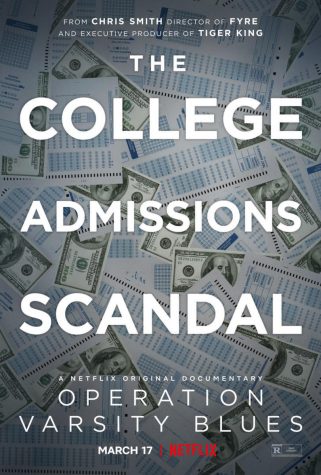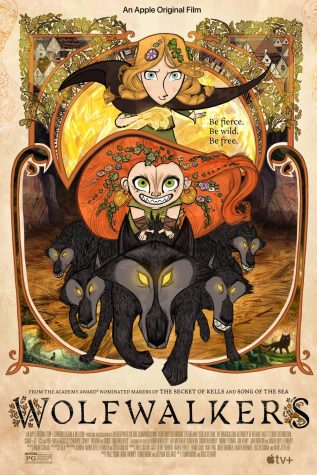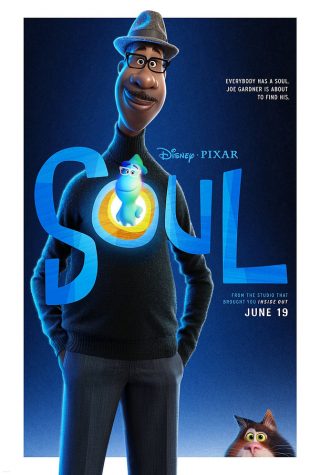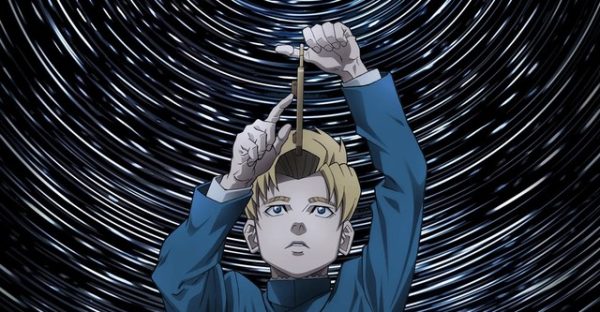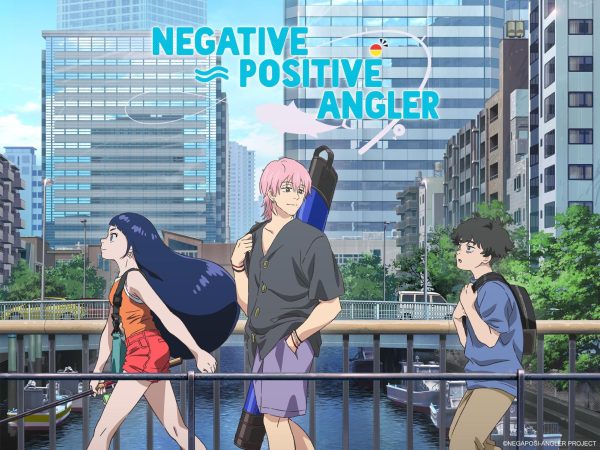“The Imitation Game” cracks code to box offices
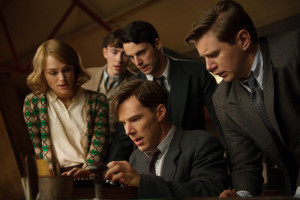
Twenty minutes into the codebreaking drama/thriller “The Imitation Game,” one might dismiss Benedict Cumberbatch’s starring portrayal of genius mathematician Alan Turing as a mere replay of BBC Sherlock’s dry, witty shtick.
Once the credits start rolling, they might be inspired to reconsider.
The film, based on Andrew Hodges’ biography, Alan Turing: The Enigma, recounts the story of the team of cryptanalysts who cracked the code to the Nazi naval coding system, Enigma, assisting the Allies in winning World War II.
Cumberbatch and co-star Keira Knightley, who portrays fellow cryptanalyst Joan Clarke, maintain an excellent character dynamic as the film progresses. At the time both belonged to groups that were discriminated against, Turing a homosexual and Clarke a woman, so the two created a symbiosis of sorts through their marriage. It was interesting to see how the two worked for and against each other to weave an intricate tale of triumph and hardship.
Another noteworthy component of the film was its score, or background music, which incorporated different sounds that subtly recalled the ticking of a clock and the steady progress of time. This created an intense, on-the-edge-of-your-seat effect. Bravo, score guys.
The true centerpiece of this film, however, is Turing’s tragic story and how Cumberbatch so masterfully conveyed it to the audience. According to the film, Turing saved over 14,000,000 lives and ended the War two years early through his work, yet his country repaid him with chemical castration, in an attempt to “cure” him of his homosexuality. He died at the age of 41 from what is widely believed to be suicide through the consumption of a cyanide-laced apple.
Years later, on Christmas Eve of 2013 Queen Elizabeth II granted Turing a posthumous knighthood for his service to his country. Prime minister David Cameron chipped in, saying, “A pardon from the Queen is a fitting tribute to an exceptional man.”
The filmmakers’ hidden message on this might be, ‘Too little, too late, Liz.’
It is brave, but also necessary, to expose this dark part of England’s history. Although it was embellished with some cinema-friendly romanticism (in the film, Turing’s machine “Christopher,” was actually named “the Bombe”), it got the job done. “The Imitation Game” gave Turing and his team the recognition they deserve, and, in the process, produced a captivating piece of cinematography.
Your donation will support the student journalists of Hagerty High School. We are an ad-free publication, and your contribution helps us publish six issues of the BluePrint and cover our annual website hosting costs. Thank you so much!

